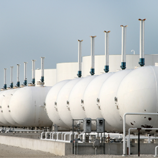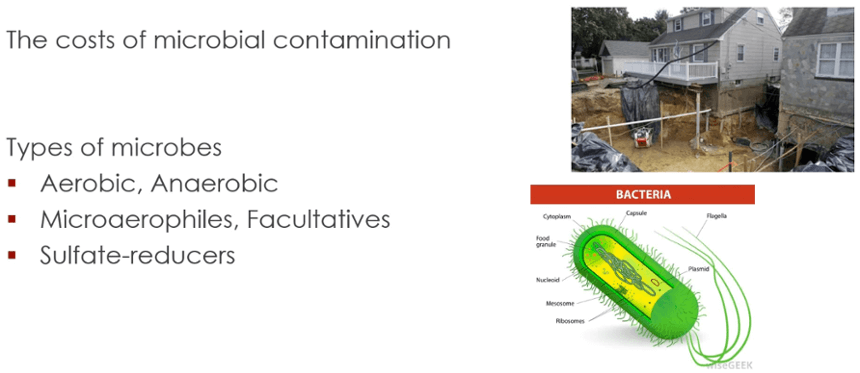Fuel System Preventive Maintenance - What Essential Tools?
The idea of preventive maintenance is, that you do a little work on the front end to save a lot more work and expense on the back end. We're all...
Water is the enemy of stored fuel, the tanks it’s stored in, and the equipment that uses it. Fuel storage rules that used to allow for “allowable” amounts of water now state “Zero Water Tolerance”. And today’s advanced diesel equipment has little tolerance for fuel-borne water compared to the engines of the past. Yet, water's ever-presence in our environment means it's virtually impossible to keep out of fuel storage tanks. The question is not "How do I keep water out?" but "How do I keep water from becoming a big problem?"

The reason water is such a serious problem is that it's the universal catalyst for a host of the most problematic happenings in storage tanks. Water itself contributes to fuel instability by promoting certain kinds of chemical reactions. But that's the least of it. Water is required by microbes for their growth and flourishing. They don't need very much of it, luckily. And given that it's virtually impossible to get all of the water out of a storage tank (and even if you do, it will be back pretty quickly). it becomes an almost-universal situation where some amount of water in a tank is being used to develop a coming microbe problem.
Microbes grow in tanks because of water presence. Microbes produce acids that corrode tanks, including volatile acids that end up vaporizing and traveling up into the tank vapor space to make corrosion damage on the top of the tank. The microbes produce a biofilm that also speeds up corrosion problems, both by making galvanic couples in the tank and by trapping oxygen that then gets turned into carbonic and other kinds of damaging acids. It's all linked together.
It takes work to stay on top of these problems. If you're being stretched too thin, it may be a good idea to get a partner to help you. Ideally, a good partner will buy into some kind of "hybrid approach" model of fuel care - an approach that says neutralizing water problems and taking care of critical stored fuels require but there’s good news. Bell Fuel & Tank Services is on your side with a complete hybrid solution to neutralize water problems in your fuel and storage tanks.
Start with ASTM testing to assess the problem. Add mechanical water removal and finish with the best water-controlling treatment to mop up any remaining water you can't get to. Finish things off with a stabilizer to protect the fuel when you need it. Use this kind of approach so that water problems in your stored fuel don't take you by surprise.
The idea of preventive maintenance is, that you do a little work on the front end to save a lot more work and expense on the back end. We're all...

This summer we hosted a webinar called Condition Monitoring for Stored Fuels. During the webinar we explained what condition monitoring is and the...

This summer we hosted a webinar called Condition Monitoring for Stored Fuels. During the webinar we explained what condition monitoring is and the...